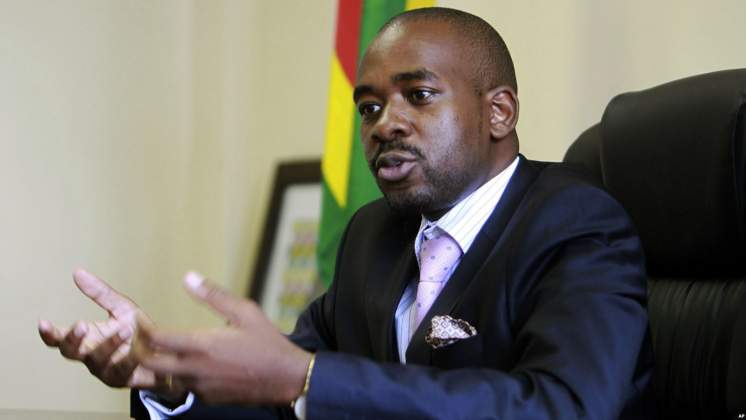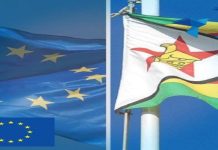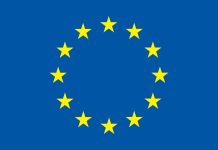The European Union (EU) has started negotiations with five Eastern and Southern Africa (ESA) countries – including clothing producers Madagascar, Mauritius – to deepen the existing Economic Partnership Agreement to include areas such as technical barriers to trade, IP and sustainable development.
Building on the eight years of implementation of the current agreement, the five ESA countries – Comoros, Madagascar, Mauritius, Seychelles and Zimbabwe – have declared their readiness to move beyond trade in goods, towards a more comprehensive agreement.
The EU has welcomed this step, especially in the context of the Africa-Europe Alliance for Sustainable Investment and Jobs.
Since the initial agreement started to apply in 2012, exports of goods from the five ESA countries to the EU have increased by almost a quarter, reaching nearly EUR2.8bn (US$3.07bn) in 2018. European businesses are also increasingly investing in the region.
“The ESA region is a pioneer for the whole of Africa as regards our trade partnership,” says EU Trade Commissioner, Cecilia Malmström. “The deepening of the current agreement will move our partnership to another level. It will boost bilateral trade and investment flows and will contribute to the creation of jobs and further economic growth in our respective regions while promoting sustainable development. The EU is fully behind this important endeavour.”
The EU is the number one trading partner for the five ESA countries. In addition to improving the business and investment environment, a comprehensive free trade agreement would stimulate the economies of the five ESA countries, for instance by diversifying their exports to the EU. The process would also support the implementation of the Africa-Europe Alliance for Sustainable Investment and Jobs launched in September 2018.
Moreover, it would promote both regional economic integration, for instance by developing regional value chains, and continental integration by furthering the ESA five countries’ preparedness for implementing the African Continental Free Trade Area (AfCFTA) under the African Union. Economic Partnership Agreements (EPA) are one of the building blocks towards the future AfCFTA.
At the request of the five ESA countries, the EU has agreed to provide financial assistance for the setting up of an EPA Coordination Mechanism. Its aim is to ensure appropriate coordination and technical support to the five ESA countries so they can engage effectively in the negotiation process. The Coordination Mechanism has already contributed on the ESA side to the preparation of the scoping phase for the upcoming negotiations.
Economic and Partnership Agreements (EPAs) are trade and development cooperation agreements that provide duty-free quota-free access to the EU market based on favourable rules of origin for the partners countries. They support export diversification, competitiveness and promote creation of local value chains.
Since the current interim Economic Partnership Agreement (iEPA) with the Eastern and Southern Africa (ESA) states started applying in 2012, the exports by Madagascar to the EU have more than doubled. Seychelles have seen their exports increase by more than one third in the period 2012-2018. Exports by Zimbabwe to the EU have increased by 12% over the same period, while the country’s exports to the rest of the world have decreased. For Mauritius, the EU remains the main destination for its exports.






